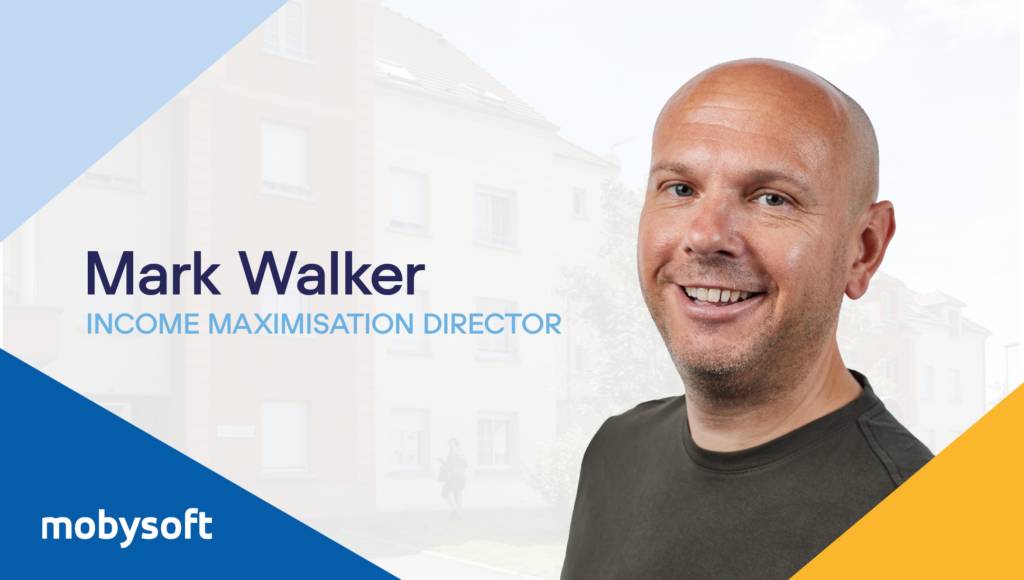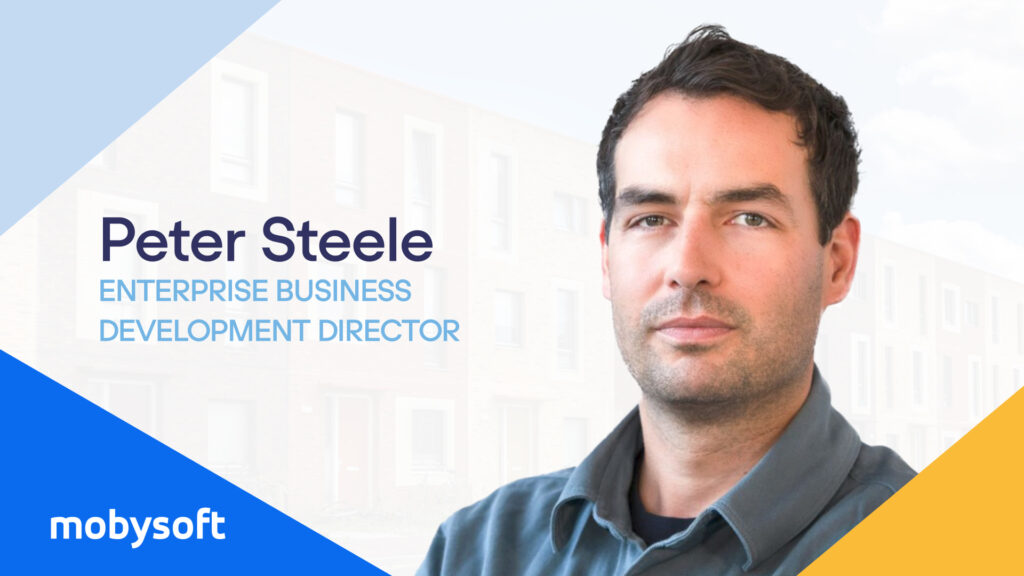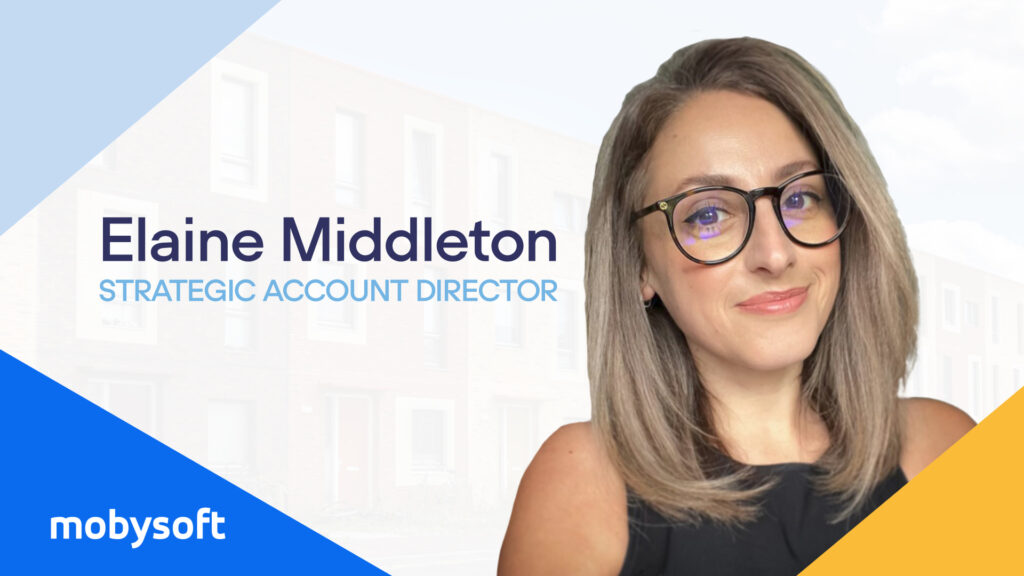Social Housing 2024: The Experts Predict What’s Next
We’re a week or so into the new year and hopefully the past few days have given you the opportunity to catch up on all those emails and outstanding tasks. If so, then you’ll have time to read this – our annual look at what potentially lies ahead for the social housing sector.
The past year undoubtedly presented some new challenges for social landlords to navigate and the ongoing uncertainty within government – we’ve had no fewer than 7 housing ministers in the previous 12 months and an upcoming general election will almost certainly see a change in leadership – promises to throw up yet more obstacles to be overcome. But what are those obstacles likely to be and how should the sector look to overcome them? We asked a hand-picked selection of our in-house experts to give us their predictions for the year ahead…

As the landscape of social housing evolves, the coming year is poised to witness a surge in challenges, including a notable uptick in complex cases. Amplified caseloads fuelled by the 53-week rent year and UC payment cycles, the intricacies of managed migration, and the critical metrics surrounding Temporary Accommodation numbers and collection rates will all feature heavily too.
From my vantage point as income maximisation director here at Mobysoft, a role that involves working closely with our customer base of HAs and councils to mitigate the challenges they face, I foresee the pivotal role of intelligent automation in alleviating the strain imposed by these escalating workloads. Embracing innovative solutions will be instrumental in not only meeting the demands of the changing environment but also ensuring efficiency and accuracy in addressing the multifaceted issues at hand.
Any focus should extend beyond mere problem-solving to encompass proactive strategies that effectively navigate the key risks associated with these emerging trends. This requires a comprehensive approach that anticipates challenges, leveraging technology such as Mobysoft’s Intelligent Automation suite of products, and expertise to stay ahead of the curve.
In tandem with these efforts, it is paramount to place a dedicated emphasis on team morale, culture, and the working environment. A resilient workforce is the linchpin of success in the face of evolving challenges. By fostering a positive workplace culture and implementing strategies that bolster team morale, social landlords can fortify their ability to navigate the complexities of the social housing landscape, ensuring sustained success in the pursuit of income maximisation and sustaining tenancies.
– Nick Beasley

Without doubt, there’s going to be significant switch in focus towards the increased level of scrutiny and regulation of social housing providers in the coming year. This paradigm shift demands a meticulous approach to customer service, where perfection and seamlessness become the norm in every interaction. A cultural shift towards delivering outstanding service is imperative, underscoring the importance of training, mastering the basics, and placing tenants at the core of operations.
From my perspective, a potent strategy for enhancing arrears collection hinges on elevating customer engagement in a smart, humane, and caring manner. Employing a multi-channel approach to collections, seamlessly blended with 5-star customer service, emerges as a surefire way to drive results. The essence lies in co-creating the vision of exemplary income management, a collaborative effort involving both customers and staff.
In the landscape of 2024, being ‘brilliant at the basics’ is imperative for social housing providers. Recruiting the right people and fostering healthier tenancies will be pivotal in achieving success. It’s crucial to steer clear of poor tenant profiling assumptions that may lead to unconscious bias, impacting decisions and tenant satisfaction negatively. The optimal approach involves a blend of traditional personal contact, smart technology, and a modern collections strategy, all while maintaining high levels of customer service. This holistic approach not only reduces arrears but also sustains more tenancies, providing officers with manageable workloads as we navigate the challenges of the coming year.
– Mark Walker

As we look ahead to the next big trends and challenges in social housing, the persistent issue of damp and mould continues to loom large for providers. While strides have been made since the tragic death of Awaab Ishak and the subsequent Coroner’s conclusion, grappling with the profound impact of damp and mould on properties and the individuals and families residing within them remains a pressing concern.
At Mobysoft, we recognise the gravity of this issue, and that’s why we have recently launched our Damp & Mould Case Management tool. This analytical tool is designed to empower social housing providers in monitoring and effectively managing their damp and mould cases. Case management becomes a crucial linchpin in ensuring that processes are meticulously followed, mitigating the risk of cases slipping through the net and ensuring that proper procedures are adhered to for the treatment and removal of damp and mould.
Looking forward to 2024, my commitment is to collaborate closely with our customers, working hand-in-hand to manage damp and mould cases efficiently. It is essential not only to address immediate concerns but also to collectively strategise on how the industry can best respond to this ongoing challenge. By fostering a collaborative approach and leveraging tools like our Damp & Mould solution, we aim to achieve the most efficient results, comprehensively understanding and remedying damp and mould within the sector for the benefit of landlords and tenants alike.
– Zoe La Brow

As we enter 2024, the potential for witnessing the green shoots of innovation is particularly pronounced, especially within organisations that have weathered a storm of mergers in recent times. The narrative is shifting, especially for larger social landlords, as they seek to emerge from the fatigue of continuous mergers and shift their focus from ‘adapting’ to a more proactive stance of ‘transforming’ and ‘adopting.’ This transformational journey gains significance, especially in organisations where the CIO/CTO role holds prominence at the executive level.
Looking ahead, the trajectory of technological evolution is set to take centre stage, with a notable emphasis on leveraging Artificial Intelligence and Machine Learning. Larger landlords, in their pursuit to deliver greater efficiencies, are poised to explore and exploit these new technologies to usher in a new era of operational excellence. This strategic shift signifies a departure from the merger-centric mindset, indicating a keen interest in harnessing cutting-edge technologies to drive transformative change.
However, amidst this wave of innovation, some caution will remain. Technology providers must demonstrate not only the capability but also the agility to deliver value swiftly. The demand for technology that can yield quick and tangible results is more pronounced than ever. Landlords are cautious, and to allay their concerns, providers must offer the flexibility to ‘start small.’ Low-cost, low-impact ‘Proof of Concepts’ emerge as pivotal tools in assuring landlords that technological integration can be a gradual, measured process.
– Peter Steele

Ok. So, here’s the thing, 2024 is going to be tough. My colleagues here have set out a number of challenges and key areas of focus for the sector and you might be reading this and feel your heart sink a little. But a lot of what we’re facing as a sector are things we should be doing anyway. We should be providing safe and decent homes for people to live and thrive in, we should be creating open conversations to accept feedback and keep improving, and we should be exploring ways to support tenants to sustain their tenancies. And whilst that’s definitely easier said than done, in this economic and regulatory environment, challenges like this call for creativity, partnership, innovation, technology, and perhaps most importantly, resilience. But that needs investment – money, time, and people.
With this in mind, I’d say 2024 will be the year where we look at maximising our financial health and protecting our best people. We know finances within the sector are squeezed and forecasts show how cost per unit is expected to go beyond £5000 , so we’ll need to look at the ways in which we can continue to deliver the services tenants need and expect, despite the increasing costs (for us and for your customers). One of the ways is to maximise income collection and recovery – driving down arrears and bad debt not only helps the tenant but contributes to the amount of money you have to invest. We’ve all seen the “how your rent is spent” pie chart, and almost half is usually on investment into new or existing homes.
This also means we’re in a better position to support our people. The cost of everything has gone up, and your best people may have one eye on a more financially attractive role, so while it might be tempting to create savings across things like people development, training, or specialist support, when you’re asking the business to boost performance, you’ll need good people, with the right training , tools, and attitude to make it happen!
– Elaine Middleton
It’s evident from the insight provided by our experts here that in 2024, social housing providers are confronted with numerous challenges, notably the financial pressures on their tenants persisting due to the unrelenting cost of living crisis. However, a definite constant remains – social landlords will persist in showcasing resilience, innovation, and resourcefulness. If you’d like to learn more about about our products or are interested in further insight and analysis of the pressing issues facing the sector then follow us on LinkedIn and subscribe to our YouTube channel. We’ll be regularly publishing all manner of useful and informative content throughout course of the year and our social channels are the best place to keep up to date with our latest blogs, whitepapers, videos and reports.
- This Month In Social Housing: October 2024 - November 1, 2024
- This Month In Social Housing: September 2024 - September 30, 2024
- Customer Success Snapshot: Greatwell Homes - September 17, 2024